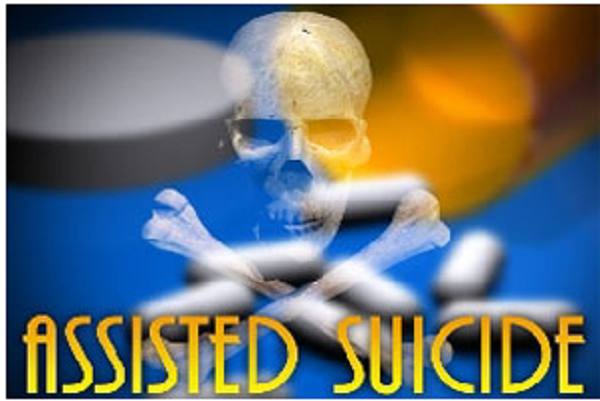On November 12 I published a commentary on Alexander Raikin’s research essay that was published in The New Atlantis that I titled: Ontario: At least 428 non-compliant (MAiD) euthanasia deaths. After publishing the article several people emailed me suggesting that compliant or non-compliant, all euthansia deaths involve the killing of a human being and are inherently wrong. I agree.
On November 18, Alexander Raikin’s article: A quarter of all Ontario MAiD providers may have violated the Criminal Code. Does Anyone Care? was published by The Hub. Raikin’s article is based on the same research that led to his earlier article, accept that his most recent article adds significant historical context to the issue.
Raikin begins his article by stating that Canada legalized (MAiD) euthanasia and assisted suicide in Canada as an exception to the criminal code when it is done based on specificied circumstances, and outside of those circumstances these acts remain criminal acts. Raikin states:
In 2016, following a unanimous Supreme Court ruling in Carter v. Canada, Justin Trudeau decriminalized culpable homicide and counselling or aiding suicide in the Criminal Code, only if done by a physician or a nurse practitioner and if each eligibility requirement for MAID is met. Otherwise, clinicians would not be immune through these exemptions in the Criminal Code.
Some of these requirements include having a grievous and irremediable medical condition, a voluntary request to die not because of external pressure, and the ability to give informed consent. Failure by a physician or a nurse practitioner to submit necessary information on a MAID provision—or failure to inform a pharmacist of the purpose of the MAID prescriptions or to follow provincial guidelines—is also punishable by a prison sentence. It means that a clinician who does not follow any of these rules faces serious criminal punishment.
Raikin points out that even CAMAP (The Canadian Association of MAiD Assessors and Providers agrees with that statement. Their position statement:
“recognizes the need for oversight,” including the guiding principle that it “maintains the public trust and provides accountability for the delivery of MAID against the legislative framework and safeguards.”
Raikin points out that CAMAP lobbied the government to reduce oversight of Canada’s euthanasia law. […]
— Read More: www.lifenews.com


